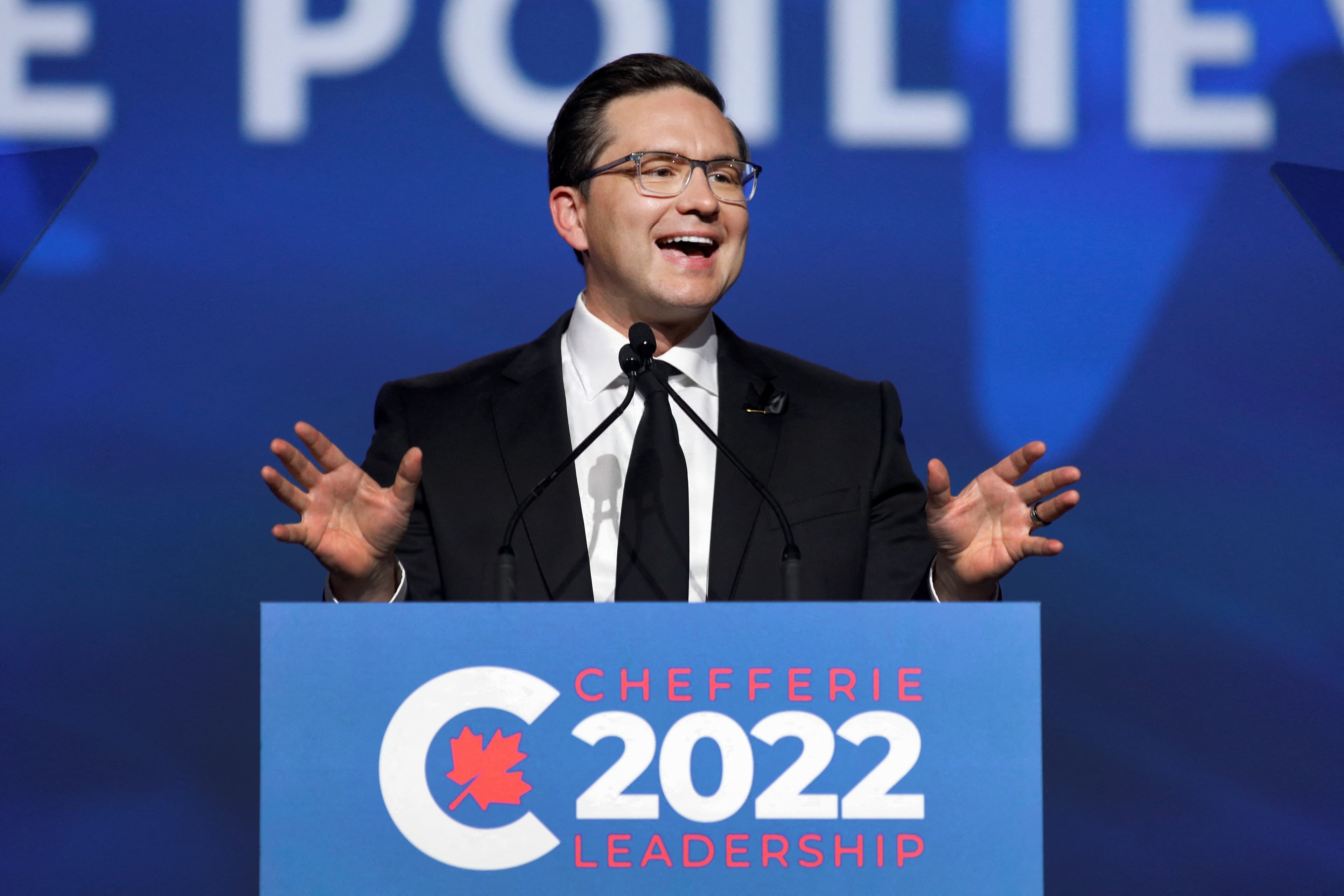Conservative Party Secures 41.3% Popular Vote in 2025 Federal Election, Consolidating Right Flank

Ottawa, Canada – The Conservative Party of Canada, under the leadership of Pierre Poilievre, achieved a significant milestone in the April 2025 federal election, securing 41.3% of the popular vote. This result marks the highest popular vote share for the party since its founding in 2003, reflecting a strategic success in consolidating the Canadian right into a unified, mainstream political force. Poilievre's approach has been noted for its effectiveness in navigating a political landscape often prone to fragmentation.
This achievement stands in stark contrast to trends observed in many other Western democracies, where right-wing populism has frequently led to the fracturing of conservative parties. Canada, despite facing conditions that could have fostered a similar rise in right-wing populism—including what some refer to as "wedge politics" under the previous Liberal government—has seen the opposite trajectory under Poilievre's leadership.
A key aspect of this consolidation has been the significant decline of Maxime Bernier’s People’s Party of Canada (PPC). The PPC, which garnered nearly 5% of the popular vote in the 2021 federal election, saw its support diminish substantially in the 2025 general election, indicating a successful absorption of disaffected voters back into the Conservative tent. This shift underscores Poilievre's ability to appeal to a broad spectrum of right-leaning voters.
Poilievre's strategy involved a "careful responsiveness" to his party's right flank, addressing issues and messages that resonated with these voters. This enabled him to "stitch together a coalition that stretches from former People’s Party supporters to the median Canadian voter," as noted by analyst Sean Speer. His sharpness and strategic communication have been crucial in maintaining this broad national coalition.
While some critics argue that this strategy involves certain trade-offs, proponents suggest that by keeping these voters within the Conservative Party, Poilievre contributes to Canada's broader political stability. This approach potentially prevents the emergence of a more radical and less responsible political alternative. Despite the party's popular vote gains, Poilievre himself lost his seat in Carleton during the federal election, though he has since returned to Parliament after winning a by-election in Battle River-Crowfoot in August 2025.
Overall, Poilievre's leadership has been credited with strengthening the Conservative Party and tempering the forces of right-wing populism in Canada. His ability to both shore up the party’s base and expand its broader reach, while keeping the Conservatives firmly in the political mainstream, represents a unique accomplishment among conservative leaders in the Western world in recent years.